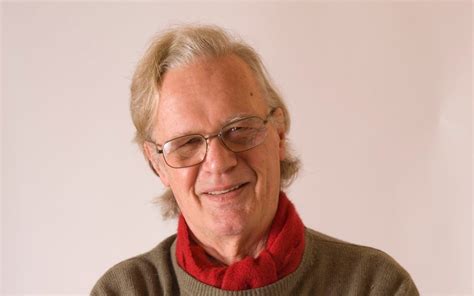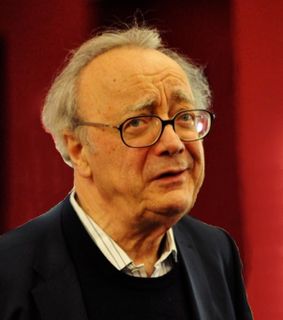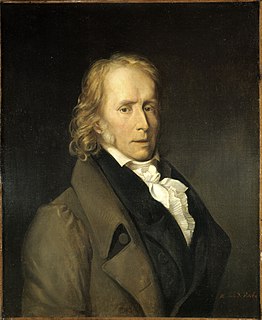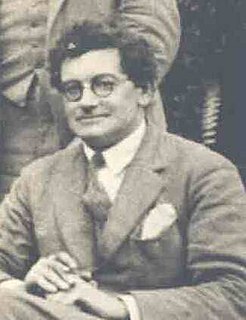A Quote by Christopher Booker
The underlying purpose of all art is to create patterns of imagery which somehow convey a sense of life set in a framework of order ... all great art ... harmonises consciousness with the ego-transcending Self.
Related Quotes
The term "self" seems a suitable one for the unconscious substrate whose actual exponent in consciousness is the ego. The ego stands to the self as the moved to the mover, or as object to subject, because the determining factors that radiate outward from the self surround the ego on all sides and are therefore supraordinate to it. The self, like the unconscious, as an a priori existent out of which the ego evolves. It is, so to speak, an unconscious prefiguration of the ego. It is not I who create myself; rather, I happen to myself.
It is certain that the real function of art is to increase our self-consciousness; to make us more aware of what we are, and therefore of what the universe in which we live really is. And since mathematics, in its own way, also performs this function, it is not only aesthetically charming but profoundly significant. It is an art, and a great art.
Life is sacred. Life is art. Life is sacred art. The art of sacred living means being a holy actor, acting from the soul rather than the ego. The soul is out of space and time and hence always available, an ever-present potential of our being. It is up to each of us to celebrate and to actualize our being and to turn each meal, conversation, outfit, letter, and so on, into art. Every mundane activity is an opportunity for full authentic self-expression. The soul is our artistic self, our capacity for transforming every dimension of our lives into art and theater.
The word "art" means harmony for me. I never speak of mathematics and never bother with the Spirit. My only science is the choice of impressions that the light in the universe furnishes to my consciousness as an artisan which I try, by imposing an Order, and Art, an appropriate representative life, to organize.
The effort to create a work of art that is true and potentially lasting, that is the very best work of art you can create at that point in your life - a book that may only reach or move a few people but will seem to those people somehow transformative. That's the ideal; that's always the motivation.
In Buddhist ideology, the conventional self is that which is constructed in a way by the use of the pronoun, and when you realize there is no absolute ego there, no disconnected one, self, or ego, then that actually strengthens your conventional ego. It does so in the sense that then you realize it's a construction, and you can strengthen it in order to help others, or do whatever you're trying to do, it's not like you no longer know who you are. Then you can organize your behavior by using your ego, as it's now the pronoun.

































